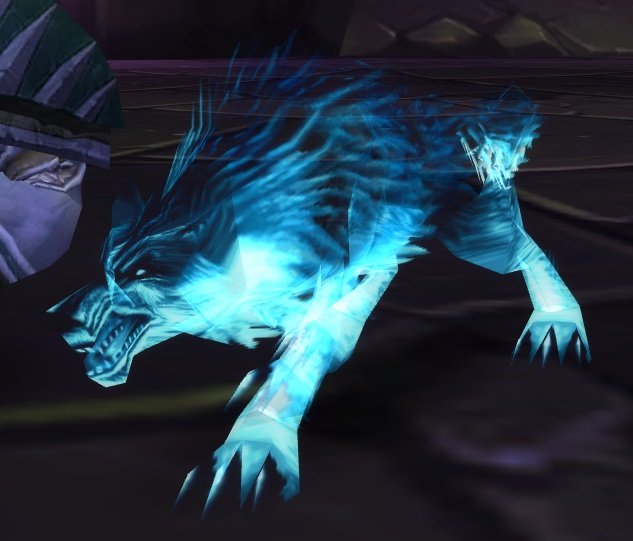
By Deckard Cain's estimate, at least 500 high-ranking warriors watch over and guide much of Druidic culture. Given their shared ancestry with the Barbarians, they possess great physical strength. ĭruids generally maintain a calm and reflective demeanor, but the members of this order are not to be trifled with. Furthermore, the Druids have a number of coastal settlements, where the people's culture revolves around fishing. However, Druid villages still exist, and agriculture is practiced. They instead dwell in great stone towers (called 'Druid Colleges'), which are scattered across the land. ĭruids do not value urban centers in the same way as the Kehjistani. However, throughout their history, the Druids have always fought back against an encroaching wilderness.

Their Barbarian kin (or at least the Henknoc Tribe believe(d) that their ability to form bonds with animals is an ability latent to the Druids' blood. The most astounding Druid ability is that of shapeshifting, allowing them to manipulate their flesh and form to take on the characteristics of the beasts they have sworn to protect. They can also use their heightened rapport with the animals to change the shape of their own body, drawing on the strengths and abilities of their woodland companions to better serve their cause. Druids are friends to the animals of the wilds and can call upon them to aid in his struggle.

Druids are so tied to the natural world that they can call upon the aid of animals and even plants to help them in battle. Through this intimate kinship with the world of Sanctuary, a Druid has the power to command fire, earth, and the winds. Living by the Caoi Dúlra, a philosophy that exhorts oneness with the natural world, they instead practice a form of magic based in their close bond to nature. The Druids shun the use of traditional magic, or Dubhdroiacht, as they call it.


 0 kommentar(er)
0 kommentar(er)
